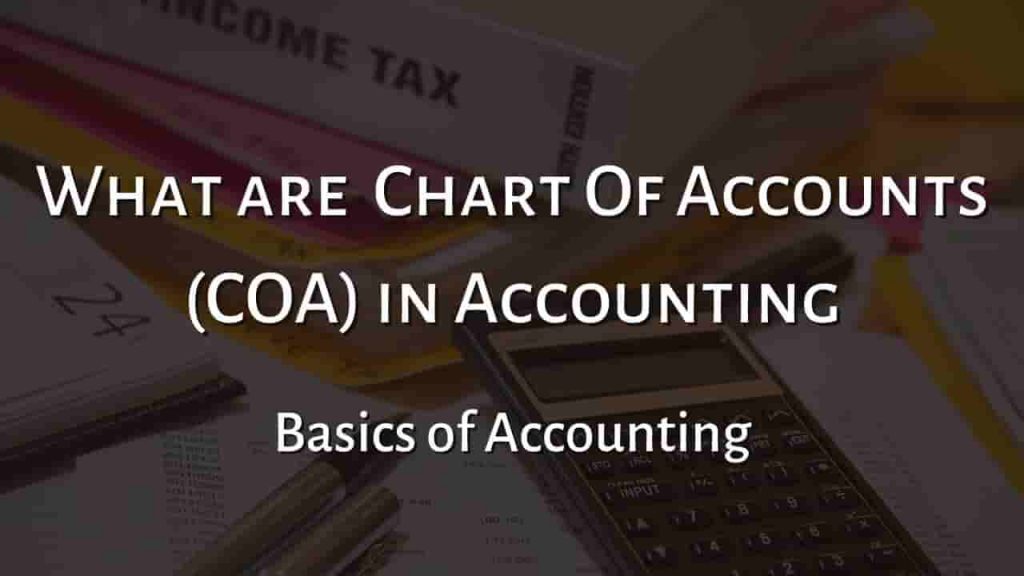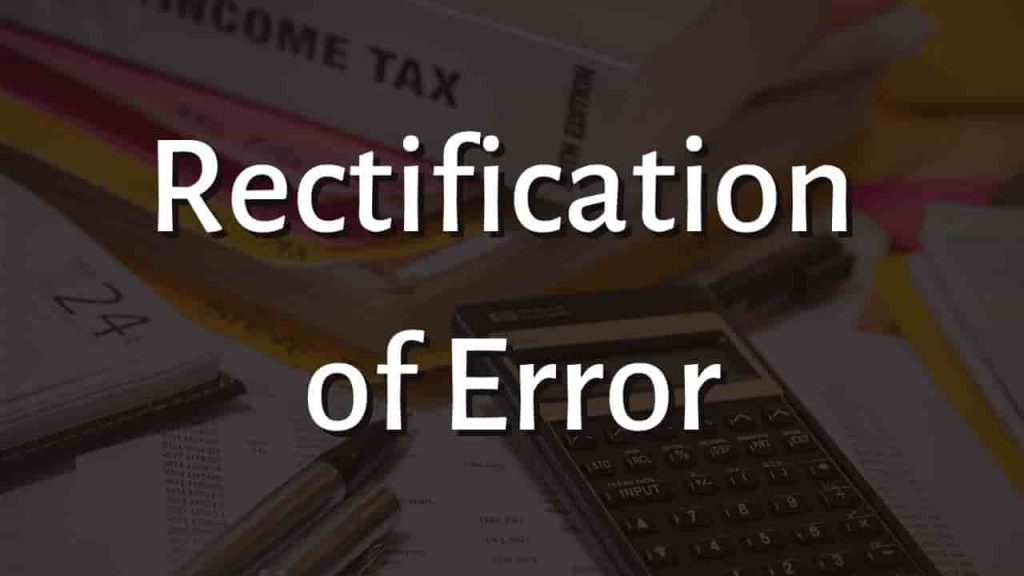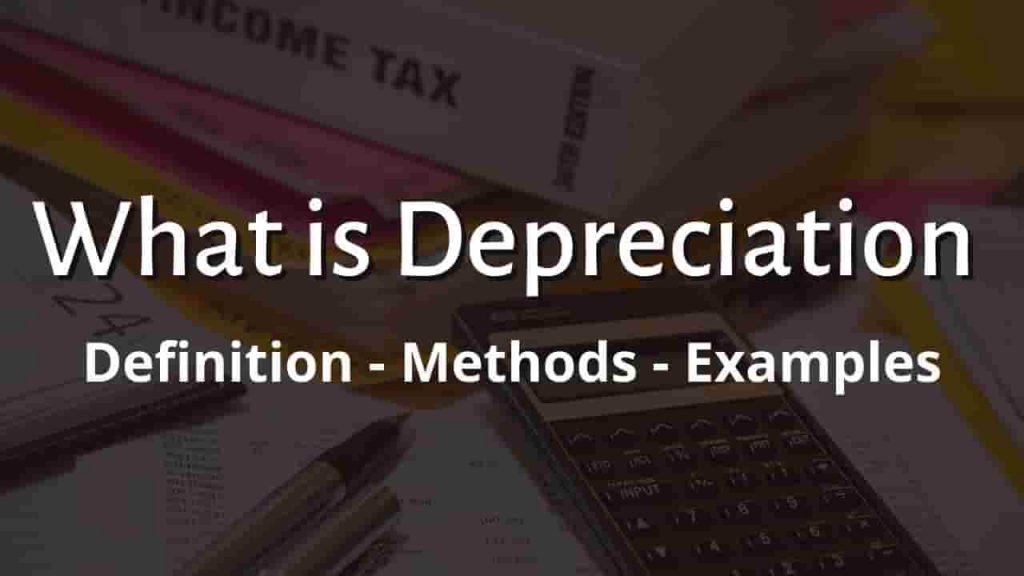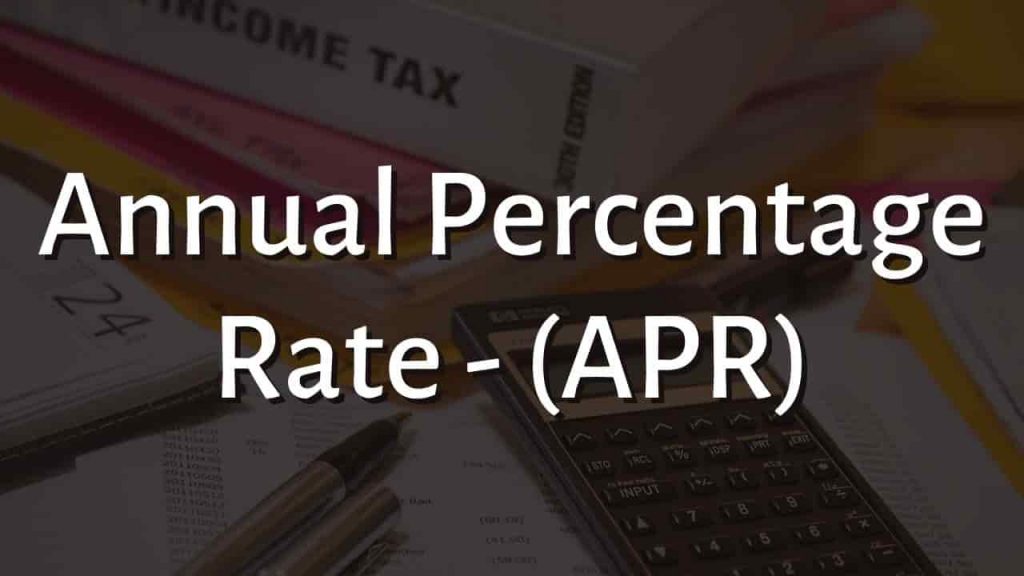Net Book Value (NBV)
The net book value of an asset is the amount at which it is recorded in an organization’s accounting records. Net book value of an asset is also known as book value.
Net book value is established by subtracting the initial cost of an asset from any accumulated depreciation, depletion, amortization, and impairment.
Impairment occurs when the market value of an asset is less than its net book value, in which case the accountant reduces the asset’s remaining net book value to its market value. As a result, an impairment charge can have a dramatic negative impact on an asset’s net book value.
Net Book Value Depreciation
If you later decide to sell the asset, you will not receive the same price for it as you did when you first purchased it. As a result, you must lower the asset’s value to your organization through depreciation.
Given these deductions, net book value provides an accounting process for gradually reducing a fixed asset’s reported cost. It is not always the same as the market price of a fixed asset at any given moment. Nonetheless, it is one of the numerous indicators that may be used to determine a business’s worth.
Formula For Net Book Value
NBV is computed by deducting a company’s total depreciation or amortization expense to date from its initial asset value. The NBV formula is as follows:

NBV = Original asset cost – Accumulated Depreciation
Where:
- Original asset cost is any acquisition expenses related to the asset, such as the purchase cost, shipping and handling charges, setup fees, and customs duties.
- Accumulated depreciation Equals depreciation (or amortization) expense per year multiplied by the number of years
How Is Net Book Value Calculated
For example, ABC Trucking Company buys a semi truck for $100,000 and depreciates it by $7,000 per year for five years.
Using the above net book value formula, here’s how to calculate NBV:
NBV = $100,000 – ($7,000 x 5 )
NBV = $65,000
After five years, the truck’s net book value would be $65,000.
Advantages of Net Book Value
The NBV of a firm is the most commonly used financial metric when valuing a company, and it is calculated for all assets, whether they are tangible assets such as a building, equipment, and machinery, or intangible assets such as a brand, copyright, and so on.
At the moment of liquidation, the company’s valuation is based on its NBV of assets, and it is the primary basis for determining asset worth.
The net book value is used to calculate a number of financial ratios. These ratios determined using an asset’s net book value, aid in determining the company’s market returns and stock market price.
Disadvantages Of Net Book Value
The main disadvantage of the company’s net book value is that it is not the same as the company’s market value because it is the cost of an asset less accumulated depreciation and is generally far away from the market value or maybe close to the asset’s market value but never equals the market value.
It is taken into account while assessing the company’s growth. However, it is not a reliable measure of a company’s development prospects because the book value might be lower than the company’s earning potential.
There is a chance that the asset’s NBV was not calculated correctly, as calculating book value is highly important because it needs numerous compliances with applicable laws and regulations.
As a result, calculating real book values can be difficult at times, and using them as a basis for evaluation might lead to poor conclusions.
This is subject to change over time. As a result, depending solely on the NBV may result in an incorrect asset valuation.
Book Value Vs Salvage Value
Salvage value and book value are two major components of depreciation calculations that account for the decrease in value of tangible capital assets over time. The primary distinction between salvage value and book value is that salvage value is the expected resale value of an asset at the end of its economic useful life, whereas book value is the value at which the asset is carried on the balance sheet, or the value of total assets minus total liabilities.
Gross Book Value Vs Net book Value
The term gross refers to the complete or entire quantity of something, whereas net refers to what remains after certain deductions are made from the total. The whole value of assets before depreciation or impairment is known as gross book value or gross value.
Net Book Value is the value of fixed assets after subtracting accumulated depreciation and impairment expenses from their initial cost.
Net Book Value Vs. Fair Market Value
Although both net book and fair market values are important measurements, an asset’s net book value and fair market value may differ. Depreciation is used to calculate net book value, which is based on the asset’s expected useful life and salvage value.
Damage or obsolescence can also reduce the net book value of machinery or equipment. Fair market value should represent the asset’s current price based on its condition, which is frequently calculated as the asset’s replacement cost.
For more click here and if you are looking for full forms of different acronyms and words then check out this list you really gonna find this helpful. We also have an Essay on every topic, Check the complete list here. If you are Studying in Matric Free Video Lectures of Maths, Physics and English are here, and we have got you covered for I.COM Business Maths also.







